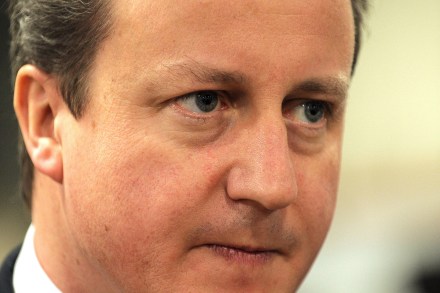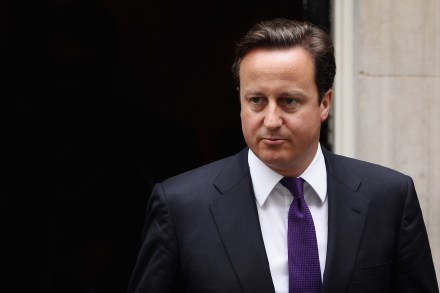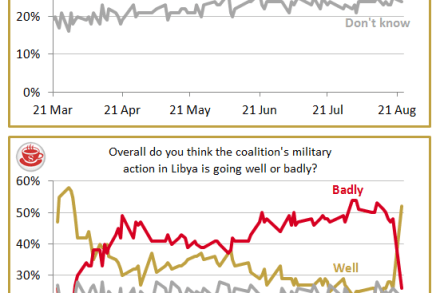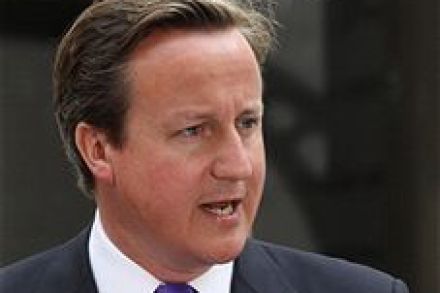Cameron faces the eurosceptics
If Tony Blair thought that a meeting with Gordon Brown was like dental surgery without anaesthetic, one wonders how David Cameron would describe being questioned on Europe by Bill Cash and Bernard Jenkin. At the liaison committee, the two veteran eurosceptics pushed Cameron on why he was supporting far greater fiscal integration in the Eurozone. Cameron’s answer was, basically, that this was the only way the Eurozone could be made to work. But one can’t help but feel that greater fiscal integration is simply storing up problems for the medium term given that it will do nothing about the divergence in competitiveness between Eurozone members. The rest of the session




















